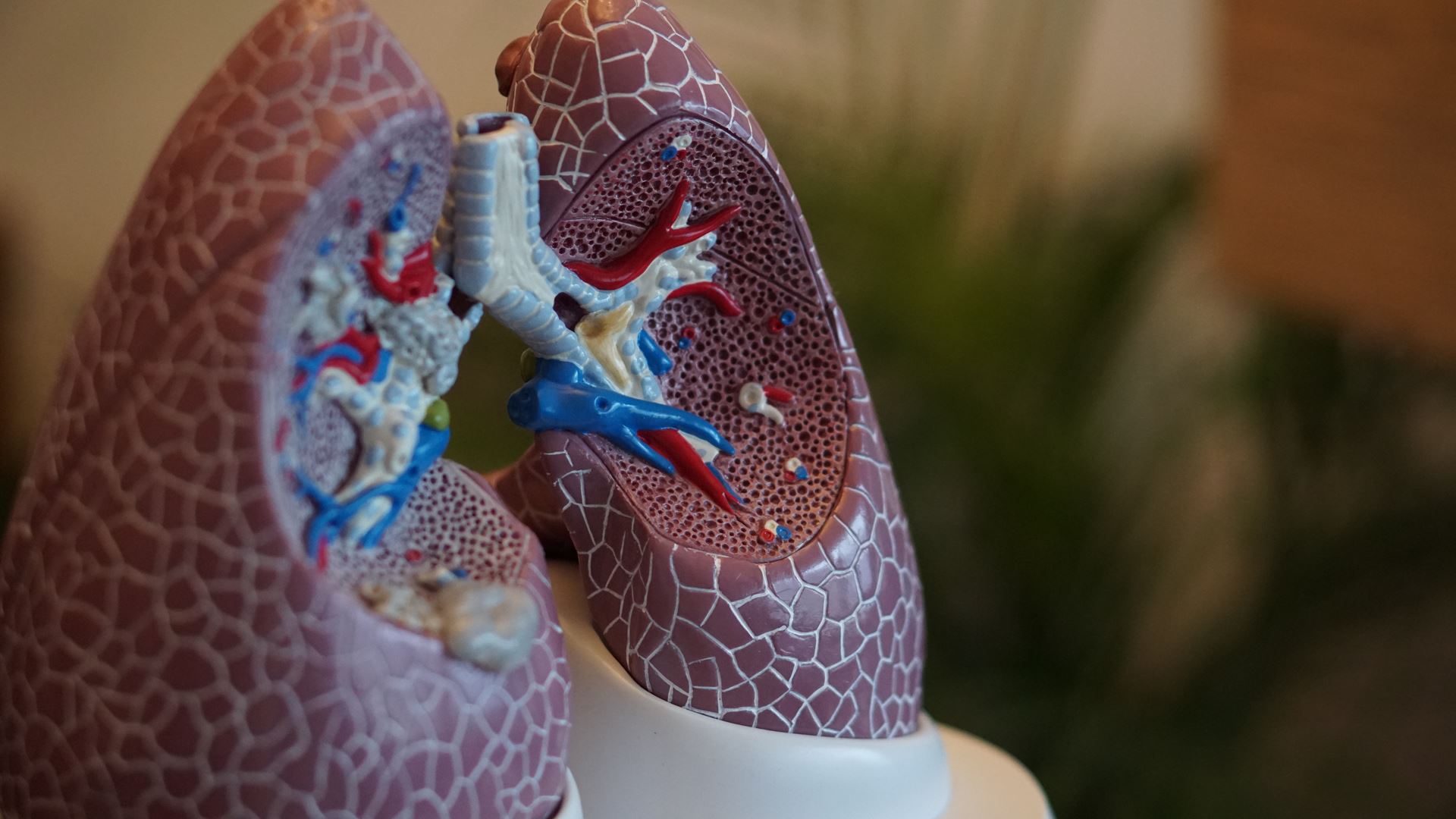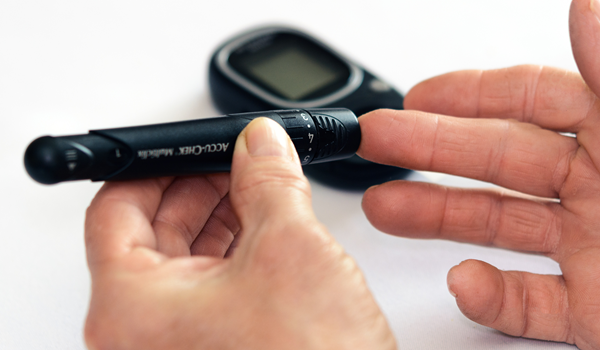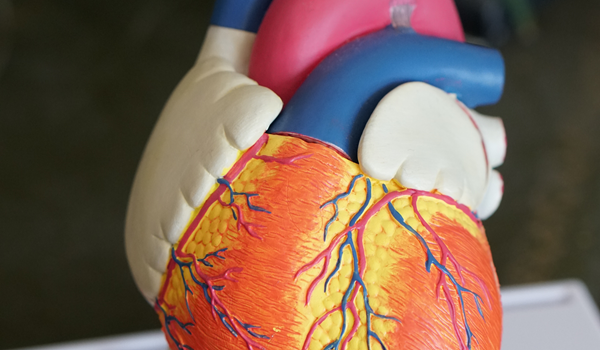Clinics

Asthma
Asthma and other Respiratory Illness
Asthma is caused by inflammation of the airways. These are the small tubes, called bronchi, which carry air in and out of the lungs. If you have asthma, the bronchi will be inflamed and more sensitive than normal.
Please make it clear to reception staff that you are asthmatic when you phone.
Our practice nurses have specialist asthma qualifications. They run clinics in order that asthma may be assessed, advice offered, queries answered and the correct treatment ensured.
Patients on asthma medication should be seen at least once a year in the asthma clinic for a check-up with the nurse.
The following factsheets, available from Patient UK give information and advice on a variety of asthma related topics:
- What is asthma; who does it affect?
- Medicines inside inhalers; types of inhaler devices
- Peak Flow Meter
For more information please visit the websites below:
External Websites:
NHS - Asthma's symptoms, causes, diagnosis, treatment and living with the condition
Asthma UK - an independent UK charity dedicated to conquering asthma.

COPD
How we can help
We like to see all our patients who have been diagnosed with COPD at least yearly. Depending on the severity of your diagnosis we may invite you to come to the clinic more often in order to ensure we give you the care you require.
If you would like to discuss coming to the COPD clinic please phone reception who will help you access the care you need.
External Links
You can find out more by following the links below:

Diabetic Clinic
Diabetes is a long-term condition caused by too much glucose, a type of sugar, in the blood. It is also known as diabetes mellitus.
There are two main types of diabetes, which are explained below:
- type 1 diabetes
- type 2 diabetes
Normally, the amount of sugar in the blood is controlled by a hormone called insulin, which is produced by the pancreas. The pancreas is a gland behind the stomach. When food is digested and enters your bloodstream, insulin moves any glucose out of the blood and into cells, where it is broken down to produce energy.
However, in people with diabetes, the body is unable to break down glucose into energy. This is because there is either not enough insulin to move the glucose, or because the insulin that is there does not work properly.
Our specialist diabetes team will provide you with support, regular reviews and the day-to-day care of your needs.
For more information please visit the websites below:
External Websites:

Coronary Heart Disease
Coronary heart disease happens when your heart's blood supply is blocked or interrupted by a build-up of fatty substances in the coronary arteries.
Over time this can build up and if your coronary arteries become narrow due to this build-up of fatty deposits, the blood supply to your heart will be restricted; this can cause angina (chest pains).
If a coronary artery becomes completely blocked, it can cause a heart attack.
By making some simple lifestyle changes, you can reduce your risk of getting CHD. If you already have heart disease, you can take steps to reduce your risk of developing further heart-related problems.
External Websites:
Coronary Heart Disease - NHS.net
Find Heart Disease Support Services- NHS.net
Page created: 08 October 2021